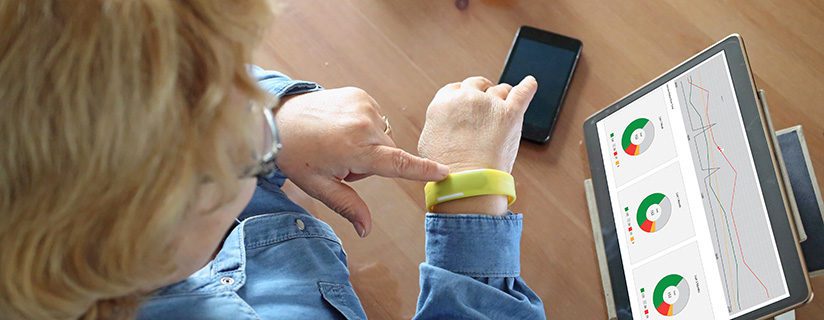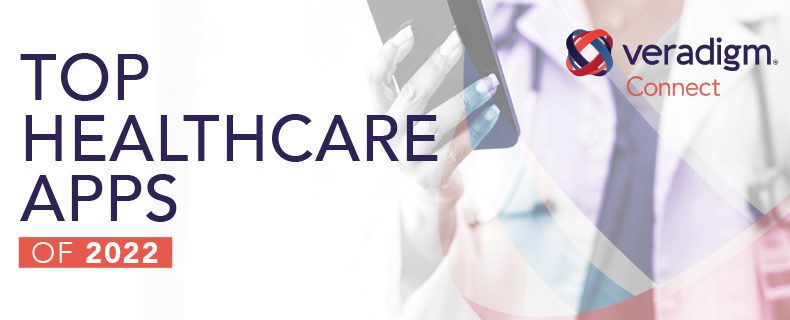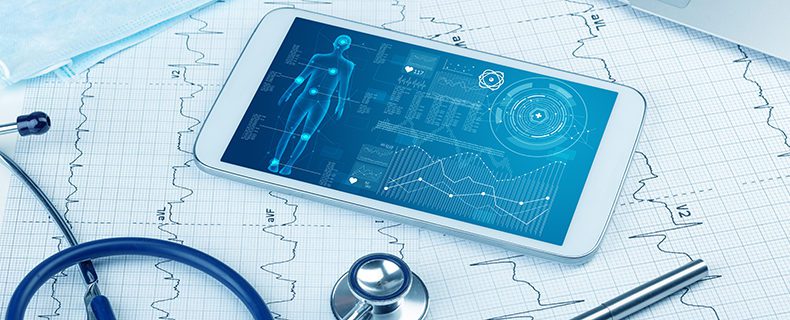Blog Posts
How wearables will disrupt healthcare


The global wearable healthcare device market is projected to surpass $29 billion by 2026.
These wearable medical devices are encouraging users to become more engaged in their own health, and as more patients adopt wearables, the future is demanding data-driven physicians.
Healthcare technology continues to advance rapidly. While this technology delivers enhanced capabilities, consumers are growing more empowered with access to a variety of digital tools that will help drive improved health outcomes.
As the industry shifts its focus from chronic disease management to maintaining patient health and wellness, these devices will enable consumers to make more informed decisions about when to seek professional care. This will lead to disease prevention and enhanced ability to deliver home care, thus improving patient access, reducing hospital admissions and healthcare costs, and lowering chronic disease burden.
As Deloitte Consulting’s Life Sciences and Health Care principal David Betts outlined, “Imagine if, given a highly sensorized environment that can begin to detect minute changes in an individual’s health, we could identify the moment when an individual moves from health into sickness allowing for micro-interventions, early on, that allow us to get ahead of much disease.”
However, as consumer demand and technology continue to grow, the end user — healthcare providers — are falling behind.
Stanford Medicine’s 2020 Health Trends Report examines the maturity of the healthcare landscape regarding digital health. Within the report, a survey of 700 physicians — both residents and medical students — across the U.S. found that nearly half of all these physicians and three-quarters of students and residents are seeking additional training to prepare for innovations in healthcare. Additionally, 83% of physicians and 79% of students and residents reported clinical value in patients’ wearable data.
This report demonstrates a rise of data-conscious physicians in a transformative healthcare landscape, yet insufficient training presents an obstacle to these innovations reaching their full potential.
As healthcare embraces its digital modernization, the ability to collect and access meaningful patient data is transforming our healthcare system, but will medical training programs prepare providers for this revolution?












